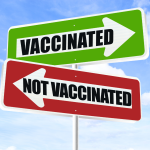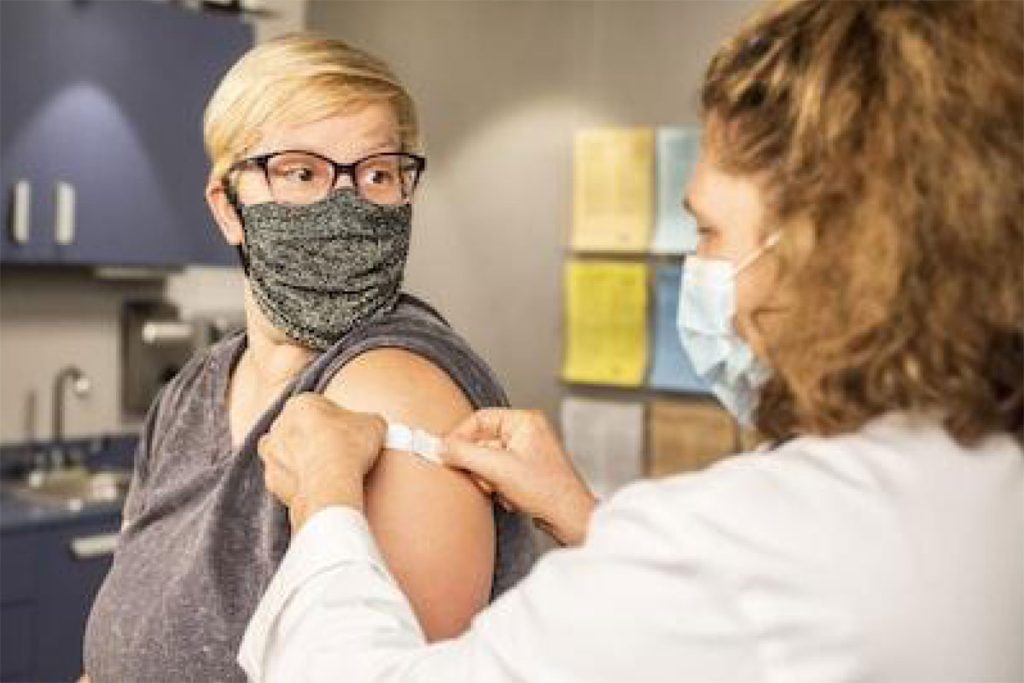
Germany sets into place a Post-Vaccine Hotline: a higher demand than expected as numbers of reported injuries are increasing
The launch of a new hotline for coronavirus vaccination complaints in the German state of Bavaria, has seen a surge in demand, according to reports.








